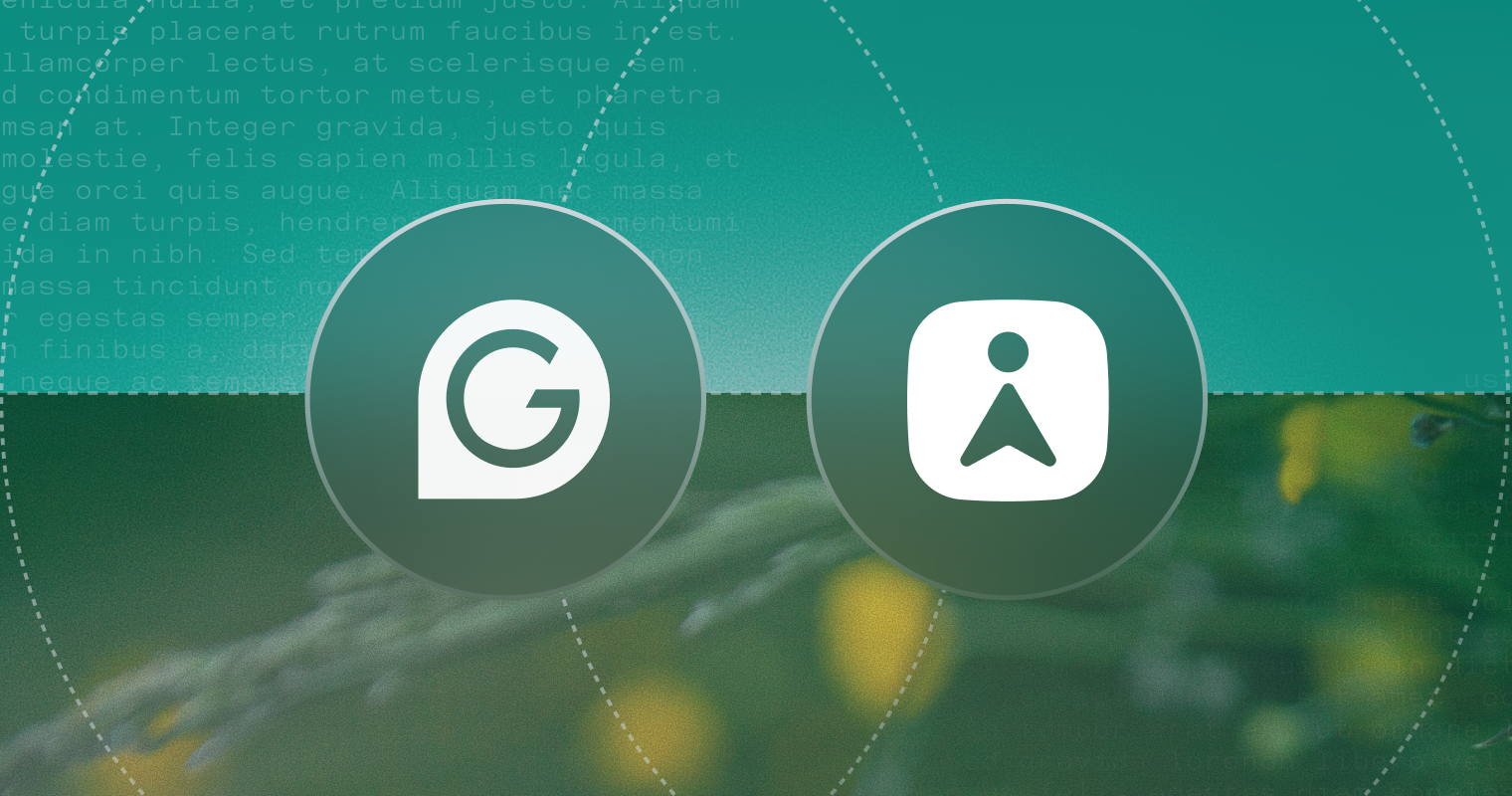Grammarly Changes Its Name — It’s Now Superhuman
On October 29, Grammarly announced a major rebrand: the company will now be called Superhuman. However, the Grammarly brand isn’t going anywhere — the well-known writing assistant will continue to operate under its original name. Representatives of the newly named Superhuman confirmed the news to Scroll.media.
Grammarly → Superhuman
The move follows a series of high-profile acquisitions. In July 2025, Grammarly acquired Superhuman, the company behind the popular AI-powered email client. Before that, it bought Coda, the maker of a collaborative document editor.
«The rebranding we’re announcing today is the next step in Grammarly’s evolution. Our product has long gone beyond helping with just written communication, and the acquisitions of Coda and Superhuman have strengthened our shift toward building an AI platform that supports all aspects of productive work. The Grammarly name, an important part of our identity, isn’t going anywhere. It’s our roots, and at the same time one of the key products of the new platform,» said Oleksii Shevchenko, Grammarly’s co-founder.
The new global parent company will operate as Superhuman, while Grammarly becomes one of the core products within the new Superhuman Suite. In the future, «Grammarly» will no longer refer to the entire company. The teams in Ukraine, along with those in other countries, are now part of the unified Superhuman organization.

The rebrand reflects the company’s transformation into an AI productivity platform that combines multiple applications and AI agents.
Shishir Mehrotra now leads Superhuman as CEO.
Superhuman Suite
Alongside the rebrand, the company introduced Superhuman Suite, a package that brings together four main products:
- Grammarly, the writing assistant;
- Coda, a universal workspace;
- Superhuman Mail, the intelligent email client;
- Superhuman Go, a brand-new AI assistant. Superhuman Go uses a network of AI agents that understand your work context and offer proactive suggestions. This helps you stay productive without constantly switching between tools.
«More than half of workers already use AI tools to boost productivity, but there’s still a huge gap between the promise of AI and its real-world usefulness. Most AI tools work in isolation, forcing people to re-enter context, craft perfect prompts, and juggle multiple apps. Superhuman closes this gap by embedding AI directly into workflows, reducing friction and helping people stay focused,» the company explained.
Superhuman Go
Superhuman Go works wherever you do — in any browser tab or app. It connects with over 100 tools and provides information right when needed. Go coordinates a team of AI agents that can work directly in documents, write in your style, and automate routine tasks. Go can:
- Coordinate meetings — if a chat hits a dead end, Go can find an open slot for everyone and schedule it automatically.
- Handle full-context replies — when responding to a key customer email, Go pulls details from your CRM, references past support calls, and helps you maintain the right tone.
- Prep for meetings instantly — before your weekly one-on-one, Go reminds you what you discussed last time and which tasks are pending.
- Speed up issue resolution — if a user reports a bug, Go summarizes it and creates a task so the engineering team can get started right away.
Superhuman Go launches with dozens of agents in the Superhuman Agent Store:
- Connector Agents link Go to everyday tools: email, docs, chat, and task trackers, including Google Workspace, Microsoft Outlook, Atlassian Jira, and Confluence.
- Grammarly Writing Agents, first introduced in August, now live inside Go. They help with writing tasks from idea generation and plagiarism checking to tone adjustment and reader impact prediction.
- Partner Agents provide specialized expertise for different tasks. Early partners include Common Room, Fireflies, Latimer, Parallel, Radical Candor, Quizlet, and Speechify. Upcoming partners include Saifr, Napkin AI, and Smart Brevity® by Axios HQ, among others.
Software Developer Kit (Superhuman SDK), now in closed beta, will allow developers to create their own agents that work across over a million apps and websites.
All Go features will be available for free until February 1, 2026.
Superhuman and Ukraine
After its recent acquisitions, Superhuman employs around 1,500 people worldwide, including about 150 in Ukraine, the company told Scroll.media.
Ukrainian teams contribute to all Superhuman products — not just Grammarly — with a focus on cross-product integrations (the updated Grammarly editor, for instance, now runs on Coda). They’re also developing the AI agents that power the new assistant.
The company continues to hire in Ukraine.
So, are there now Superhuman and Superhumans in Ukraine? Yes. Earlier this year, Superhuman partnered with the Superhumans Center, a war-trauma clinic that provides free prosthetics, signing a memorandum of partnership.
So, are there now Superhuman and Superhumans in Ukraine? Yes. Earlier this year, Superhuman partnered with the Superhumans Center — a war-trauma clinic that provides free prosthetics — signing a memorandum of partnership.
Grammarly Changes Its Name — It’s Now Superhuman
On October 29, Grammarly announced a major rebrand: the company will now be called Superhuman. However, the Grammarly brand isn’t going anywhere — the well-known writing assistant will continue to operate under its original name. Representatives of the newly named Superhuman confirmed the news to Scroll.media.
Grammarly → Superhuman
The move follows a series of high-profile acquisitions. In July 2025, Grammarly acquired Superhuman, the company behind the popular AI-powered email client. Before that, it bought Coda, the maker of a collaborative document editor.
«The rebranding we’re announcing today is the next step in Grammarly’s evolution. Our product has long gone beyond helping with just written communication, and the acquisitions of Coda and Superhuman have strengthened our shift toward building an AI platform that supports all aspects of productive work. The Grammarly name, an important part of our identity, isn’t going anywhere. It’s our roots, and at the same time one of the key products of the new platform,» said Oleksii Shevchenko, Grammarly’s co-founder.
The new global parent company will operate as Superhuman, while Grammarly becomes one of the core products within the new Superhuman Suite. In the future, «Grammarly» will no longer refer to the entire company. The teams in Ukraine, along with those in other countries, are now part of the unified Superhuman organization.

The rebrand reflects the company’s transformation into an AI productivity platform that combines multiple applications and AI agents.
Shishir Mehrotra now leads Superhuman as CEO.
Superhuman Suite
Alongside the rebrand, the company introduced Superhuman Suite, a package that brings together four main products:
- Grammarly, the writing assistant;
- Coda, a universal workspace;
- Superhuman Mail, the intelligent email client;
- Superhuman Go, a brand-new AI assistant. Superhuman Go uses a network of AI agents that understand your work context and offer proactive suggestions. This helps you stay productive without constantly switching between tools.
«More than half of workers already use AI tools to boost productivity, but there’s still a huge gap between the promise of AI and its real-world usefulness. Most AI tools work in isolation, forcing people to re-enter context, craft perfect prompts, and juggle multiple apps. Superhuman closes this gap by embedding AI directly into workflows, reducing friction and helping people stay focused,» the company explained.
Superhuman Go
Superhuman Go works wherever you do — in any browser tab or app. It connects with over 100 tools and provides information right when needed. Go coordinates a team of AI agents that can work directly in documents, write in your style, and automate routine tasks. Go can:
- Coordinate meetings — if a chat hits a dead end, Go can find an open slot for everyone and schedule it automatically.
- Handle full-context replies — when responding to a key customer email, Go pulls details from your CRM, references past support calls, and helps you maintain the right tone.
- Prep for meetings instantly — before your weekly one-on-one, Go reminds you what you discussed last time and which tasks are pending.
- Speed up issue resolution — if a user reports a bug, Go summarizes it and creates a task so the engineering team can get started right away.
Superhuman Go launches with dozens of agents in the Superhuman Agent Store:
- Connector Agents link Go to everyday tools: email, docs, chat, and task trackers, including Google Workspace, Microsoft Outlook, Atlassian Jira, and Confluence.
- Grammarly Writing Agents, first introduced in August, now live inside Go. They help with writing tasks from idea generation and plagiarism checking to tone adjustment and reader impact prediction.
- Partner Agents provide specialized expertise for different tasks. Early partners include Common Room, Fireflies, Latimer, Parallel, Radical Candor, Quizlet, and Speechify. Upcoming partners include Saifr, Napkin AI, and Smart Brevity® by Axios HQ, among others.
Software Developer Kit (Superhuman SDK), now in closed beta, will allow developers to create their own agents that work across over a million apps and websites.
All Go features will be available for free until February 1, 2026.
Superhuman and Ukraine
After its recent acquisitions, Superhuman employs around 1,500 people worldwide, including about 150 in Ukraine, the company told Scroll.media.
Ukrainian teams contribute to all Superhuman products — not just Grammarly — with a focus on cross-product integrations (the updated Grammarly editor, for instance, now runs on Coda). They’re also developing the AI agents that power the new assistant.
The company continues to hire in Ukraine.
So, are there now Superhuman and Superhumans in Ukraine? Yes. Earlier this year, Superhuman partnered with the Superhumans Center, a war-trauma clinic that provides free prosthetics, signing a memorandum of partnership.
So, are there now Superhuman and Superhumans in Ukraine? Yes. Earlier this year, Superhuman partnered with the Superhumans Center — a war-trauma clinic that provides free prosthetics — signing a memorandum of partnership.





